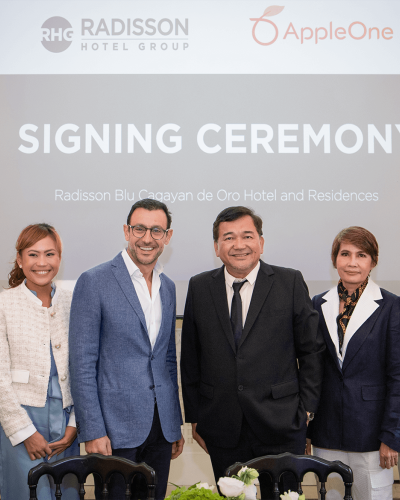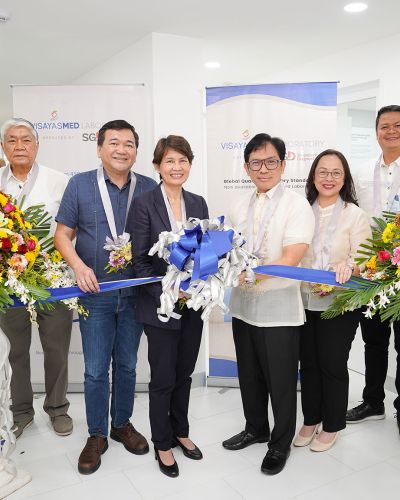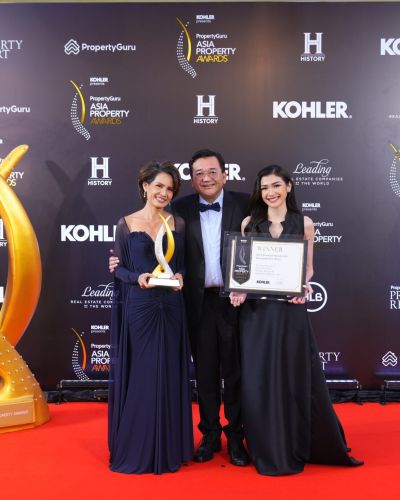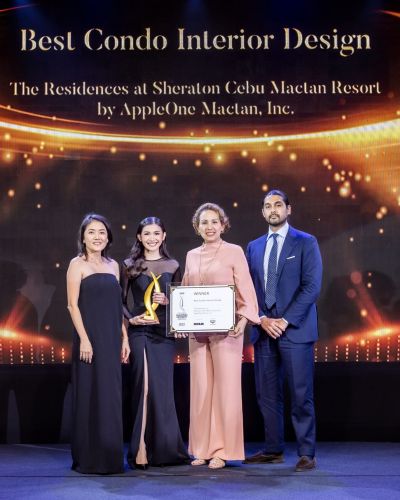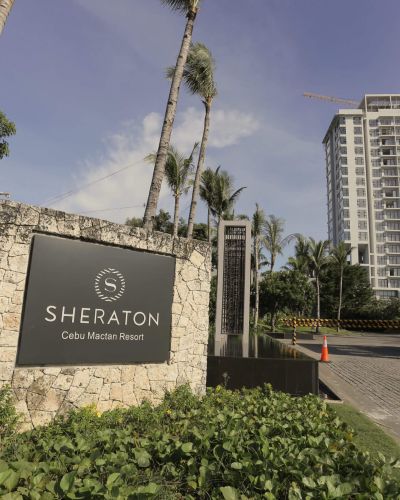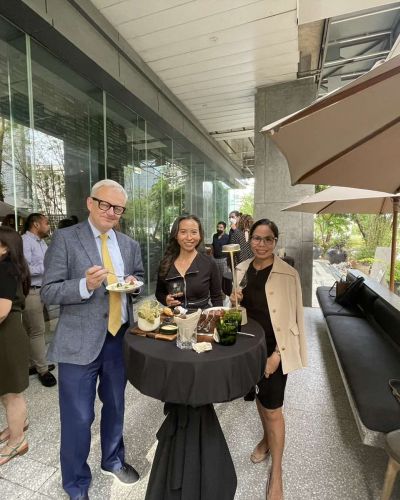

In the heart of the Philippines’ fast-growing Visayas and Mindanao regions, AppleOne Group has emerged as one of the country’s most distinctive developers, combining global-caliber projects with deep, local commitment.
Led by President and CEO Ray Go Manigsaca, AppleOne’s portfolio has grown across residential, commercial, hospitality , and healthcare sectors, and more recently, into renewable energy. From its stronghold in Cebu, the company is steadily expanding its presence across the Visayas and Mindanao regions, with a growing national footprint.
“AppleOne started with a clear purpose: to build developments that make a lasting difference in Cebu, one of the Philippines’ fastest-growing regions outside of Metro Manila,” Manigsaca shares.
He adds, “What I’m most proud of are the values that have always guided our growth: we build not just to expand our footprint, but to uplift communities and contribute to the long-term progress of the region we call home.”
AppleOne’s vision took shape through key milestones that defined its rise as a force in regional transformation. Its bold entry into luxury hospitality began with The Residences at Sheraton Cebu Mactan Resort. This award-winning development brought Marriott’s global standards to Mactan and was recognized by the PropertyGuru Property Awards in 2018. This was followed by the groundbreaking of JW Marriott Panglao Island Resort & Spa, further anchoring the developer’s luxury portfolio.
Meanwhile, Mahi Center, a dynamic mixed-use development in Lapu-Lapu City, reinforces Cebu’s status as an economic and innovation hub. “These projects,” he mentioned, “reflect our belief that world-class development should be rooted in local authenticity, operational excellence, and long-term impact.”
Beyond real estate, AppleOne is also developing critical infrastructure for inclusive growth. Its healthcare arm, anchored by VisayasMed City Center, reflects the group’s commitment to accessible, quality care in the region. Meanwhile, through their new subsidiary, Astronergy, AppleOne is supporting the country’s renewable energy agenda, with solar power projects that align with national sustainability goals and VisMin’s growing infrastructure needs.
But what truly sets AppleOne apart is its deliberate approach to placemaking and partnerships. “We don’t just follow trends but anticipate needs, listen to local insight, and respond with developments that are both globally competitive and locally grounded,” he explains. Each project is purpose-built, not just for prestige, but for long-term value and positive impact.
This intentionality extends to AppleOne’s cross-border relationships. Its collaborations with Japanese partners, for instance, have helped raise the bar internally. “We’ve learned so much from our Japanese counterparts, particularly around precision, long-term thinking, and thoughtful design,” says Manigsaca.
“Those values now shape how we approach our developments, from engineering to after-sales service.” These partnerships have enabled the company to align with international expectations and position itself as a credible partner for discerning investors.
Looking forward, AppleOne aims to build more integrated communities through shared progress that combines wellness, tourism, and sustainable living, without compromising its identity as a regional change-maker. A core part of this growth strategy will involve deepening its network of trusted partnerships.
“Our goal is to build developments that outlast trends, to build projects that elevate the region, serve people better, and stand as symbols of what can be achieved through purpose-driven growth,” he affirms. “And this purpose doesn’t stop with real estate. It extends to health, clean energy, and the infrastructure that powers sustainable communities.”
As the Philippines continues to rise as a destination for lifestyle tourism and cross-border investment, AppleOne invites like-minded global partners, especially from Japan, to join in creating the next generation of future-forward developments in Southeast Asia.


